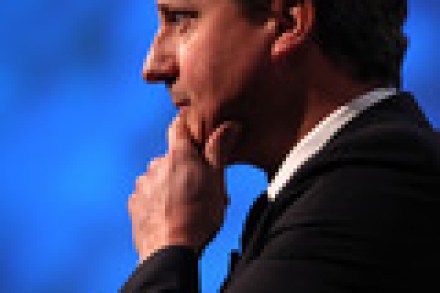The dangers with a Tory policy blitz
Sounds like the Tories are going to go policy-heavy in the New Year. According to this morning’s Times, Team Cameron are going to publish a “draft election manifesto” around 4 January, which will – as James revealed in his political column this week – set up a “policy-a-day blitz” throughout the rest of the month. There will also be a separate policy release “showcasing the party’s commitment to the NHS”. The thinking is that all this will regain some momentum for the party, as well as answering the charge that the Tory operation lacks substance. Question is: will it work? Well, we’ve often called for more detail from the Tory



















